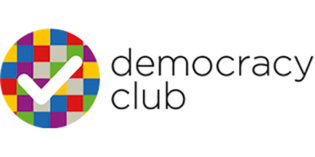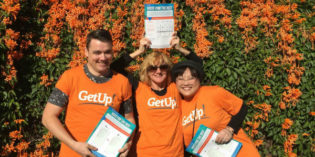Tag: Democracy Online

Voters are crying out for better information about elections – here’s your opportunity to help
Voters in the UK need more information about elections and candidates, particularly for local elections. Joe Mitchell, a director at Democracy Club, invites you to come and help provide it for them.

Democratising Hansard: continuing to improve the accessibility of parliamentary records
The official, substantially verbatim report of what is said in both houses of Parliament is an essential tool for ensuring democratic accountability. This record, Hansard, contains a wealth of data, but it is not always fully accessible and easy to search. Lesley Jeffries and Fransina de Jager explain how a new project, Hansard at Huddersfield, aims to improve access to the Hansard records and contribute new ways of searching the data.

Digital campaigning and the GetUp effect in Australia’s 2016 election
GetUp is a unique political organisation in Australian politics. Since their formation in mid-2005 they have accrued over 1,000,000 members, and fundraise about $8 million annually, from mostly small donations. In 2016 they had their most successful election campaign so far, writes Ariadne Vromen, in terms of both member mobilisation and political impact.

Evidence from Scotland and Wales: representatives elected via party lists are less likely to reply to constituents – but we should be careful about the conclusions we draw
Websites such as WriteToThem.com make it simple for constituents to contact their elected representatives, but how responsive are politicians to these communications? And does the system by which they are elected shape their responses? Research by Alex Parsons and Rebecca Rumbul shows that under the UK’s Additional Member Systems, constituency representatives are more likely to reply than those elected via party list. This raises further research questions about the subjects they reply about and different priorities for representatives under this system.








 Democratic Audit's core funding is provided by the Joseph Rowntree Charitable Trust. Additional funding is provided by the London School of Economics.
Democratic Audit's core funding is provided by the Joseph Rowntree Charitable Trust. Additional funding is provided by the London School of Economics.